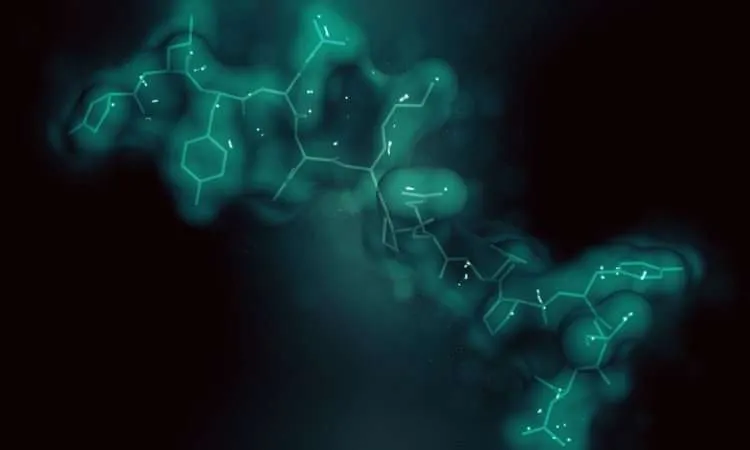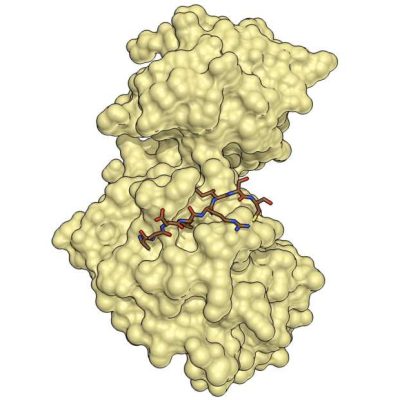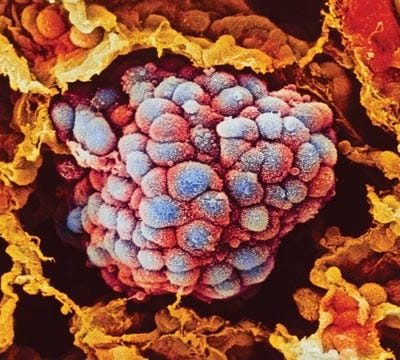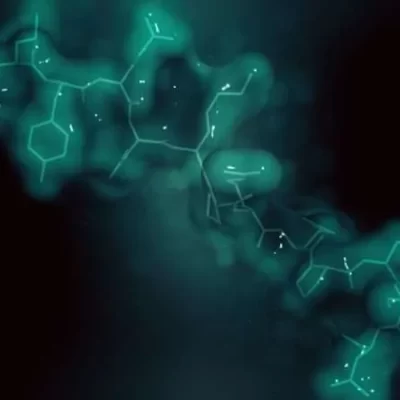Proteins, the fundamental building blocks of living organisms, rely on amino acids as their molecular constituents. The intriguing question arises: How did the initial proteins, specifically “simple proteins” or peptides, make their debut on Earth? Could the molecules yielding amino acids within our bodies possess the inherent ability for this creation?
Peptides, composed of amino acid chains, characterize all life forms on Earth, shaping vital protein structures governing diverse biological processes. Enzymes, a subset of proteins, play a crucial role in crafting new peptides. This leads to a paradox: if enzymes construct peptides and peptides require enzymes, how did the first protein-enzymes come into existence?
A study, featured in the journal Nature in June 2019, delved into the potential of precursor molecules of amino acids, known as aminonitriles, to autonomously form peptides in water. Under the assumed conditions of early Earth, the peptide-forming reaction necessitates three key components: hydrogen sulfide, aminonitriles, and the chemical ferricyanide. These auxiliary substances likely dispersed globally due to volcanic eruptions during the planet’s nascent stages.
Aminonitriles, precursors to amino acids in our bodies, demand harsh conditions, such as an acidic or alkaline environment, for amino acid production. Subsequently, energy-intensive processes bind amino acids to yield peptides. However, researchers uncovered an alternative pathway wherein peptides directly emerge from energy-rich aminonitriles, sidestepping these complex processes. Aminonitriles exhibit a more facile interaction in an aqueous medium compared to amino acids.
Dr. Saidul Islam from University College London (UK), a co-author of the study, states, “This is the first time that peptides have really been shown to form in water without amino acids under the very simple conditions that would have been available on primitive Earth.” Ongoing research aims to explore additional peptide formation routes and discern the functional properties of these peptides. Collectively, these endeavors contribute to unraveling the mysteries of life’s emergence on Earth four billion years ago.










